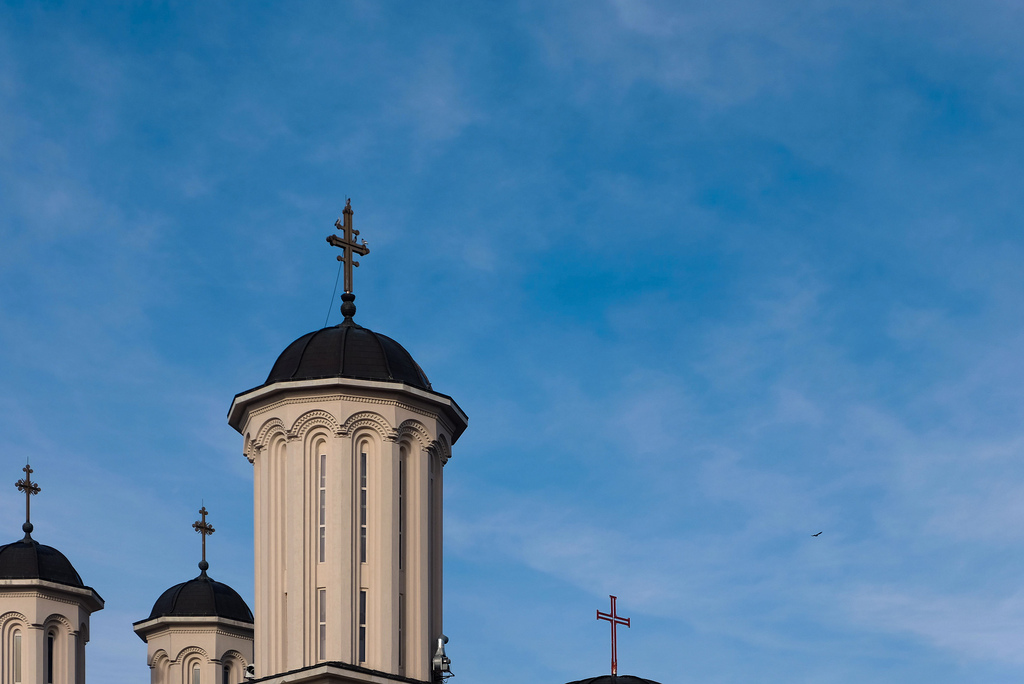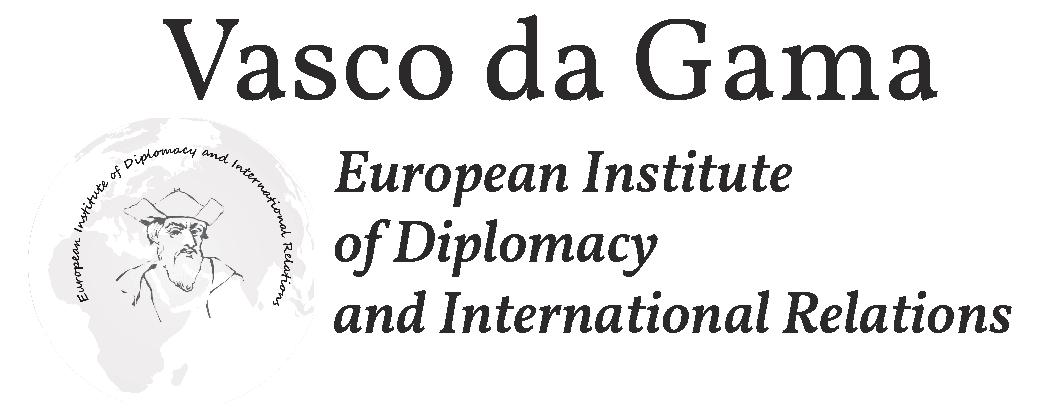
History of Political Ideas
Content
The study of any social science is impossible without an understanding of the historical evolution of the subject. The political institutions and systems of political behavior which we observe today are a result of evolution of centuries. A political theorist needs to study history to understand this evolution. He does not need to study the dates and colorful historical details of kings and princes and the battles they fought and the lives they led but rather the growth and changes in the economic structures, in technological capabilities and the impact that had and in political institutions and ways of governing. Social classes, political power and economic processes do not emerge overnight and cannot be understood by examining them in isolation in their contemporary settings. One needs to study the history of political thought to understand the evolving relationships between man, society and political authority and indeed the popular perceptions of those relationships through history. The study of the views and theories of past political thinkers enables one to go beyond the dominant contemporary political orthodoxies and draw intellectual resources from the past. A reflection on the thoughts of past thinkers provides a guideline to actual theorizing. Political theories thus emerge not from now here but is constructed by building, expanding and developing the vocabularies of the past author's texts. This also enables easy comparison and judgment between past and contemporary works. Ideology has been inseparable from political thought and proceeding historically it has been possible to build theories that are supportive of a particular ideology. Of course history can be both used and misused but is has been always used to buttress theoretical constructions. For instance the same history of Europe led Marx and Engel to support their arguments that the political history of mankind is a history of class struggle but the liberal thinkers saw it differently and some like Burke and Tocqueville glorified the past and saw it as an age of harmony, civility and ordered liberty.
Whatever the ideological pre-dispositions a study of the history political thought allows for evaluating the social and economic circumstances in which the political institutions arose and maintained themselves. Without a sense of history political theory can’t be constructed because it would then not take into account the full range of human social behavior. Another reason to study the historical development of political thought is to examine if the political thoughts of a particular time influenced the actions of men and if so how. Some thinkers like Plato and Marx have argued that ideas and philosophical thoughts have little no effect on the conduct of men in power.
But there are other thinkers who have argued that the history of political thought and the history of political action are quite related and the thoughts of thinkers do significantly influence actual political action.
The reverse - that is whether political thoughts are influenced by political events and historical circumstances is equally important and another reason for studying from the historical point of view. It has been argued for instance that the thoughts of Plato were influenced by a decline in the moral standards of the city-states and that of John Locke by the Glorious revolution and that of Marx by the economic inequality created by industrial capitalism. Thinkers are also men of their times and are influenced by the events and circumstances of their times. But the lasting value of their theories only is only there if it points out at some general truth which can transcend societies and classes and ethnic communities. For instance the political thoughts of Plato, Aristotle, J.S. Mill or Marx throw up principles, which often have universal value over time.
Social sciences like Political Sciences and Thought is meant to improve our understanding of the world and history is a part of social sciences. Historical view is essential to create theoretical constructions of human life and social phenomenon that transcends time.
Mission
For centuries, the European society was dominated by the values of the thinkers of Greek Antiquity and Christianity. The eighteenth century and the successive revolutions have highlighted the political debate, the issue of the state, the nation and human rights. Finally, present day societies have been deeply shaken by socialist, nationalist or communist and Maoist movements.
The awareness of the evolution of political, economic and social ideas enables a more detailed approach to policy changes and to the legal reform of the society.
This course will cover the bases of ancient Greece thinking and Christian thinking, moreover particular attention will be devoted to theoreticians of the social contract and to liberal thinking; socialist and communist movements also will be covered; contemporary political thoughts.
Beside the history of political ideas traditionally taught in European universities, the course will give a particular emphasis to the history of political ideas as taught in China but also in the United States and South America. Finally, the contemporary African political thinkers will be discussed.
Bibliography
ALMOND G., Nuevo manual de ciencia politica, Madrid, Estmo, 2001
ARON R., Mémoires, 50 ans de réflexion politique, Paris, Julliard, 1983
BLACK A., A World History of Ancient Political Thought, Oxford, 2009
COTARELO R., Introduccion a la politica, Valencia, Tirant, 2015
GOYARD-FABRE S., Les principes philisophiques du droit politique moderne, Paris, PUF, 1997
HADDOCK B., A History of Political Thought : 1789 to the Present, Oxford, Polity Press, 2005
JARDIN A., Histoire du Libéralisme Politique, Paris, Hachette, 1985
MULHMANN G;, Histoire des idées politiques, Paris, PUF, 2012
NAY O., Histoire des idées politiques, La pensée politique occidentale de l'Antiquité à nos jours, Paris, Armand Colin, 2016
Nouvelle Histoire des Idées Politiques, sous la direction de Pascal Ory, Paris, Hachette, 1987
SKORNICKI A. et TOURNADRE J., La nouvelle histoire des idées politiques, Paris, Repères, 2015
TOUCHARD J., Histoire des idées politiques, Paris, PUF, 2 t, 2001
VALLES J. y PUIG S.M., Ciencia Politica; Un manual, Barcelona, 2001
5 ECTS
